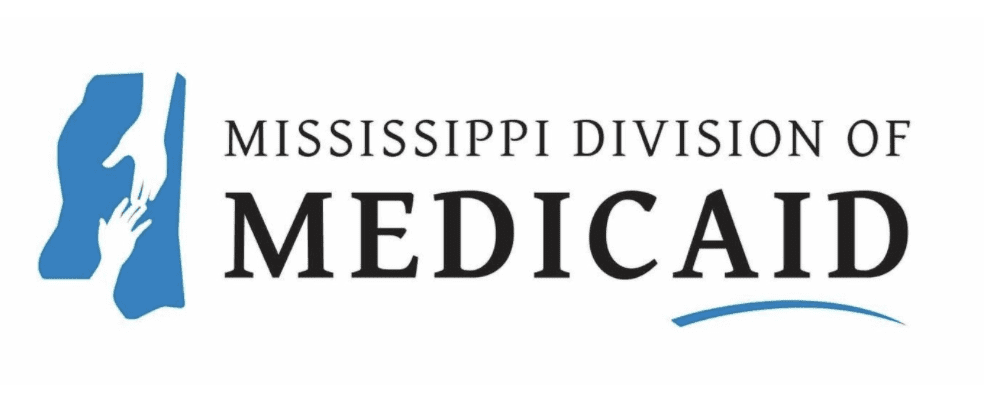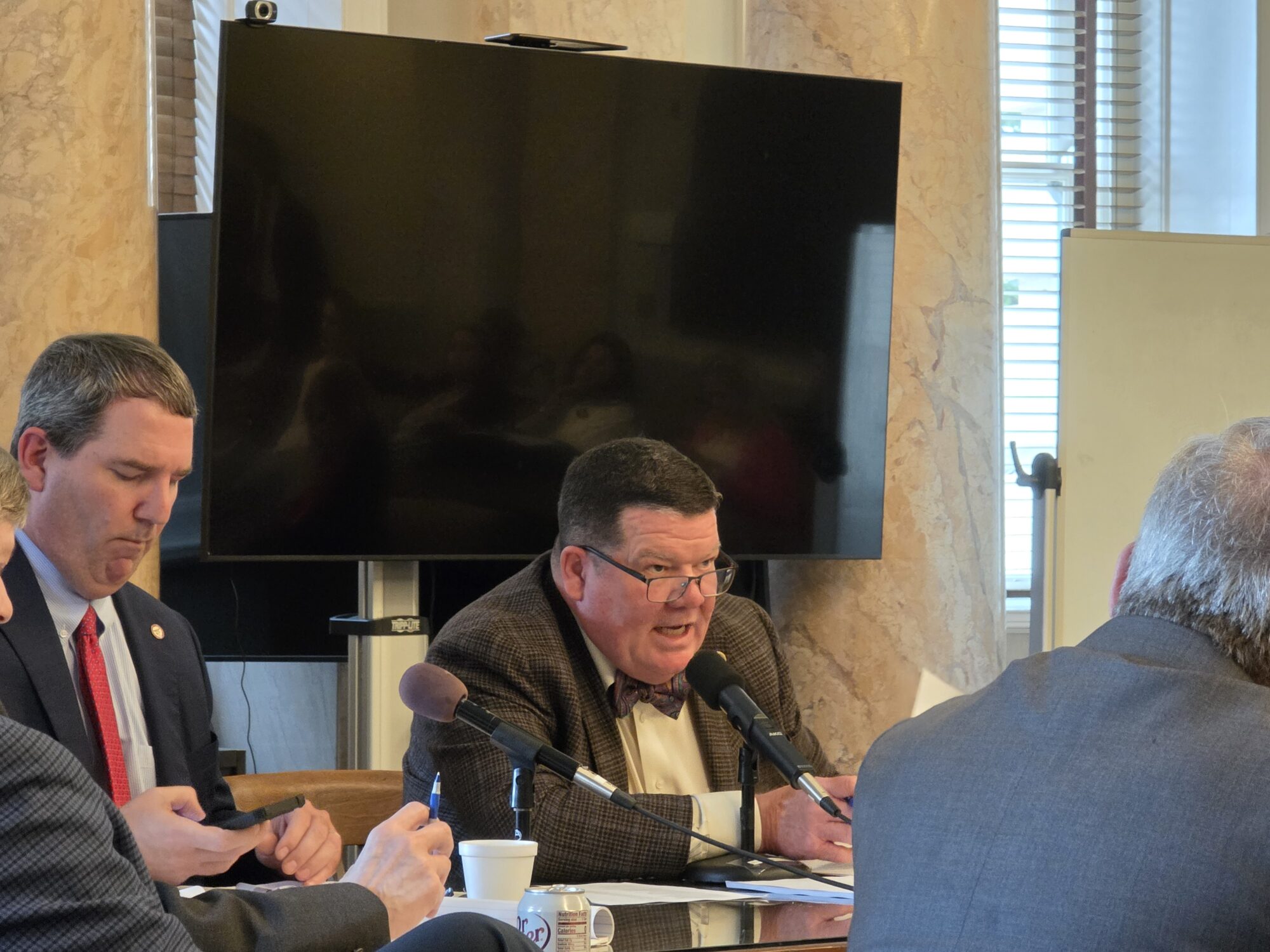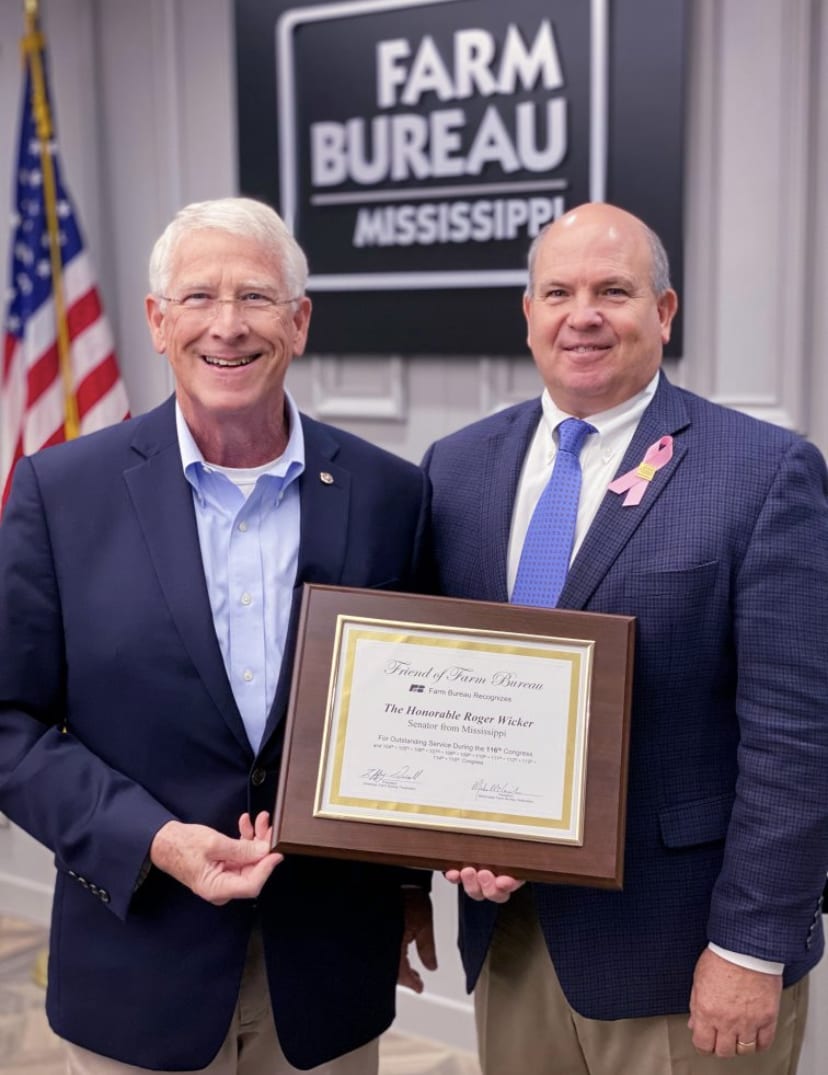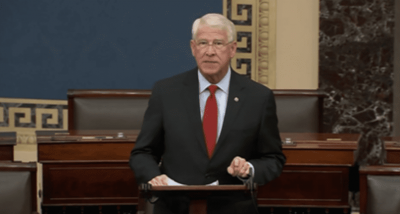
This week, House and Senate members participated in joint Medicaid hearings as they prepare to tackle the Medicaid Technical Amendments bill in the 2021 session.
Every few years, Mississippi’s Medicaid program comes back up for renewal and next session that will take place. Prior to passing legislation, leadership hears from those who have a stake in Medicaid, whether it be doctors, nurses, hospitals or citizens, on what changes might need to be made in order for the program to run more effectively.
On Monday and Tuesday, members spent roughly eight hours hearing from those involved.
Senator Brice Wiggins (R) said one of his biggest takeaways from the meetings were frustrations with Managed Care and how it is operated. Providers expressed issues with the credentialing process.

Currently, a provider who wants to participate in Medicare can apply. As long as they “check all the boxes” on the federal regulations, they can be approved. This allows them to bill the program for any work done for a customer who receives Medicaid. However, Managed Care is slightly different with their own application process and they have the ability to choose whether or not to contract with a provider.
The provider community relayed that they would like to see one standard uniform credentialing process in which they submit all of their information and are either approved or denied. Then, those individuals could be chosen or not by Managed Care.
According to Will Ervin, Deputy Administrator of Health Policy and Services for the Division of Medicaid, this process allows Managed Care to have oversight on their providers, ensuring that they are providing adequate care.
Ervin indicated that the Division plans to continue those conversations with hopes that any changes could help with administrative burdens.
Providers did complement Director Drew Snyder and the work he has done to re-vamp the department over the last few years. Ervin says these good working relations come from an “open door” policy.
“The majority of providers complimented Director Snyder and the agency, and that is a new thing because it wasn’t happening before him,” said Senator Wiggins.
Ervin said there was also discussion and a growing concession that the five percent reimbursement for providers should be removed.
“We aren’t necessarily opposed, but there could be a budget impact that results from that decision,” said Ervin.
Since Snyder took the position as Director, Medicaid’s budget has significantly decreased. On track with the last few years, FY2022 did not contain the typical $50 million deficit the Legislature had also become accustomed to.

“These hearings give the Legislature the opportunity to review everything and address any problems that might be there,” said Senator David Blount (D) who sits on the Senate Medicaid committee. “But the elephant in the room and the obvious issue is the dire need to expand Medicaid under the Affordable Care Act.”
Blount went on to add 35 other states have expanded and he believes it could be a huge asset to Mississippians. Currently, the federal government has offered Mississippi the option of paying $.08 cents on the dollar for Medicaid support, meaning they would provide $.92 of those cents.
He added that providers and potential customers alike are both suffering from the lack of expansion.
“Who is suffering are healthcare providers who aren’t getting paid and the rest of us who do have insurance are having to pay more because providers are having to write off these people,” said Blount. There is roughly one tenth of Mississippi’s population without insurance coverage, that, Blount said, could benefit from expansion.
The State Medical Association has also pushed to expand.
When it comes to expansion, it has been the position of Governor Tate Reeves not to do so. Ervin said the department has supported that position, but it is within the Legislature’s power to make the change.
“If the Legislature wants to do it, we will do it as effectively as you can,” said Ervin.
For FY2022, Medicaid is asking the Legislature for $898,676,959 for FY 2022, which is a decrease of over $496,000 from last year. It also marks the second potential consecutive year that Medicaid has requested and used under $900 million in state dollars.
There are currently 760,000 Mississippians enrolled.
Lawmakers head back to the Capitol in January where they will begin to tackle this legislation, as well as countless others.











